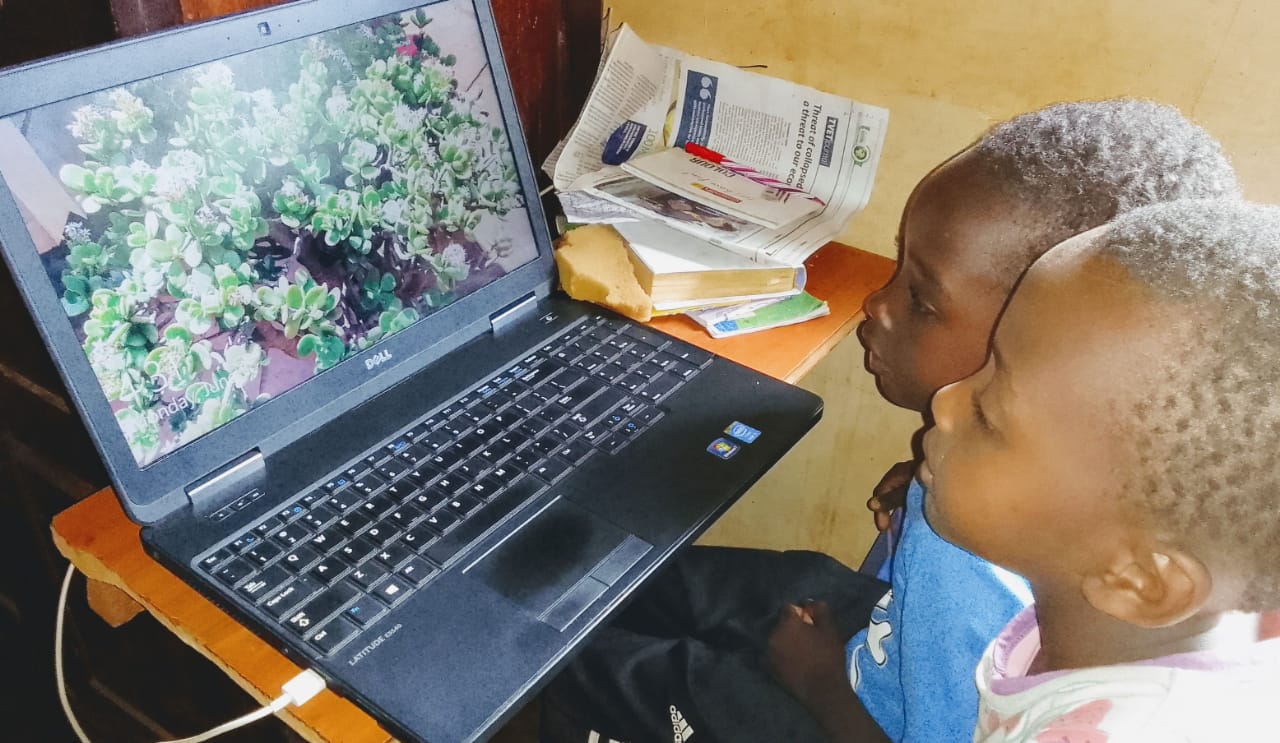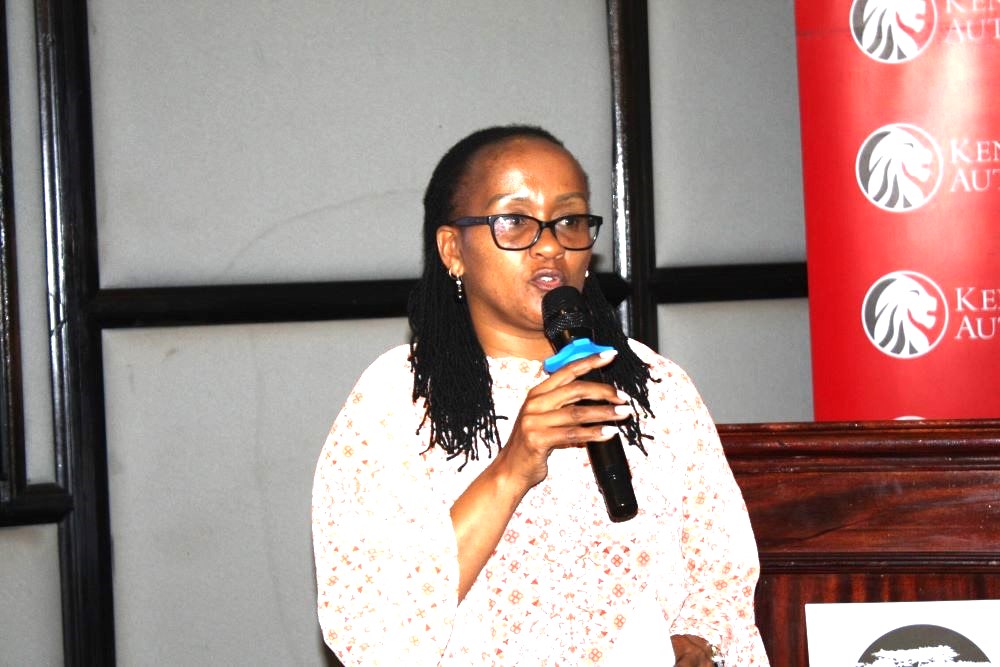The Open University of Kenya should be supported with resources to spearhead digital education through its mainstreaming in the curriculum at all learning institutions countrywide.
Once issued with the charter, the university which will be the first of its type in the Country should be equipped with technical and personnel support to work with stakeholders in ensuring that education was accessible to Kenyans digitally.
Stakeholders in education have asked the government to avoid creating confusion over digitization of the education by presenting and viewing it as a complicated task and forming peripheral management teams which may be disruptive.
The foundation for the development of digital platforms to mainstream education at all levels, the stakeholders insisted was already in place the Covid-19 pandemic disruption on education then mitigated through virtual learning having been the basis against which that pillar was built.
Safaricom Chief Executive Officer Mr. Peter Ndegwa calls for public–private partnerships in the use of digital platforms to improve literacy skills in learning spaces noting that the pandemic had great lessons for Kenyans.
“If there is anything Covid-19 taught us is that we can leverage the power of digital to enhance education. We are currently witnessing an increase of mini-apps that are customized for various learning needs”, argues the CEO in one of his reports.
More than 10 months since Telco expressed readiness to work with the government to enhance the expansion of education and learning through digital technology platforms, Kenyans are still now placing their hopes of accessing education at the first Open University.
The Digital Education Technical Working Committee formed to spearhead the digital education report is still being awaited.
Experts say such teams portray the government as one taking the system of learning as untrodden ground having mandated the team to come up with a structure for the future of the sector—to many already in mature stages.
Stakeholders hesitant to confront the government over apparently fresh initiatives to spur the sector, stakeholders, including ordinary virtual learning teachers argue the foundation for the education is already there.
One teacher from Embu County who has been using digital technologies to virtually teach Mathematics and Chemistry insisted that the available digital infrastructure at most levels only needed to be improved with the government working with experts and digital enthusiasts already in the field.
The government’s role as indicated by the private sector would be to fine-tune diverse content for curriculum standards and the Kenya Institute of Curriculum Development worked successfully with a number of platforms to ensure learning.
Platforms such as Eneza Education and Zeraki appear not to have been embraced by the government, yet the two aided learning with successes with working committees seeming to ignore establishments recording successes in the past.
Leaving the digitization work to a few could expose the entire task into the trap of entrepreneurship cartels who could wait on the boundaries, said a Nairobi County-based private teacher who operates a successful education virtual teaching platform
Millions of Kenyans, today continued to access huge amounts of information through readily available digital gadgets, stakeholders say while asking the government to improve access to the internet and equip platforms with data to ease access to learning materials.
Spearheading piecemeal adoption of the introduction and embracing of Information Communication Technology (ICT) through the creation of an entire ministry for the same, the stakeholders said was an indication of how the government viewed the entire task.
The Kenya Kwanza government should expand campaigns to entrench and deeply embrace digitization of operations at all government service delivery areas to partly reduce the need to spend huge amounts of the incomes on staff emoluments instead of development.
Despite the formation of the ICT ministry by the government, President Ruto has been warned to realize that the civil service was bloated with ignorant or digital technology shy paranoid people hesitant to embrace digitization for fear they would be declared redundant once digitization embrace fully.
Leading Embu-based virtual teacher Mr. Kamau Mbugua says that there was a need to launch as many internet hubs across the urban and rural parts of Embu and Kenya in general to enhance the ease to go online and interact with various prime and ordinary education platforms.
Mobile phone firms, he said were apparently reaping off Kenyans by selling bundles at high prices at a time when internet connections in most countries was a social responsibility by the governments.
The Information, Communication, and Digital Economy Cabinet Secretary Mr. Eliud Owalo has admitted that the government was aware of the drawback in the affordability of devices which could derail access to the digital transformation program
Despite the huge progress made nationally to ensure connectivity and access to ICT, a critical portion of the citizens were still unable to reap the benefits of digital transformation, the minister had admitted.
But educationists and other stakeholders have reminded the government that the high cost of data and internet services remained the main issues presently hampering the growth of the sectors while calling for concerted government interventions beyond the present hubs and TVET ICT centers and schools.
By Robert Nyagah,
Get more stories from our website: Education News
To write to us or offer feedback, you can reach us through: editor@educationnews.co.ke
You can also follow our social media pages on Twitter: Education News KE and Facebook: Education News Newspaper For timely updates.






